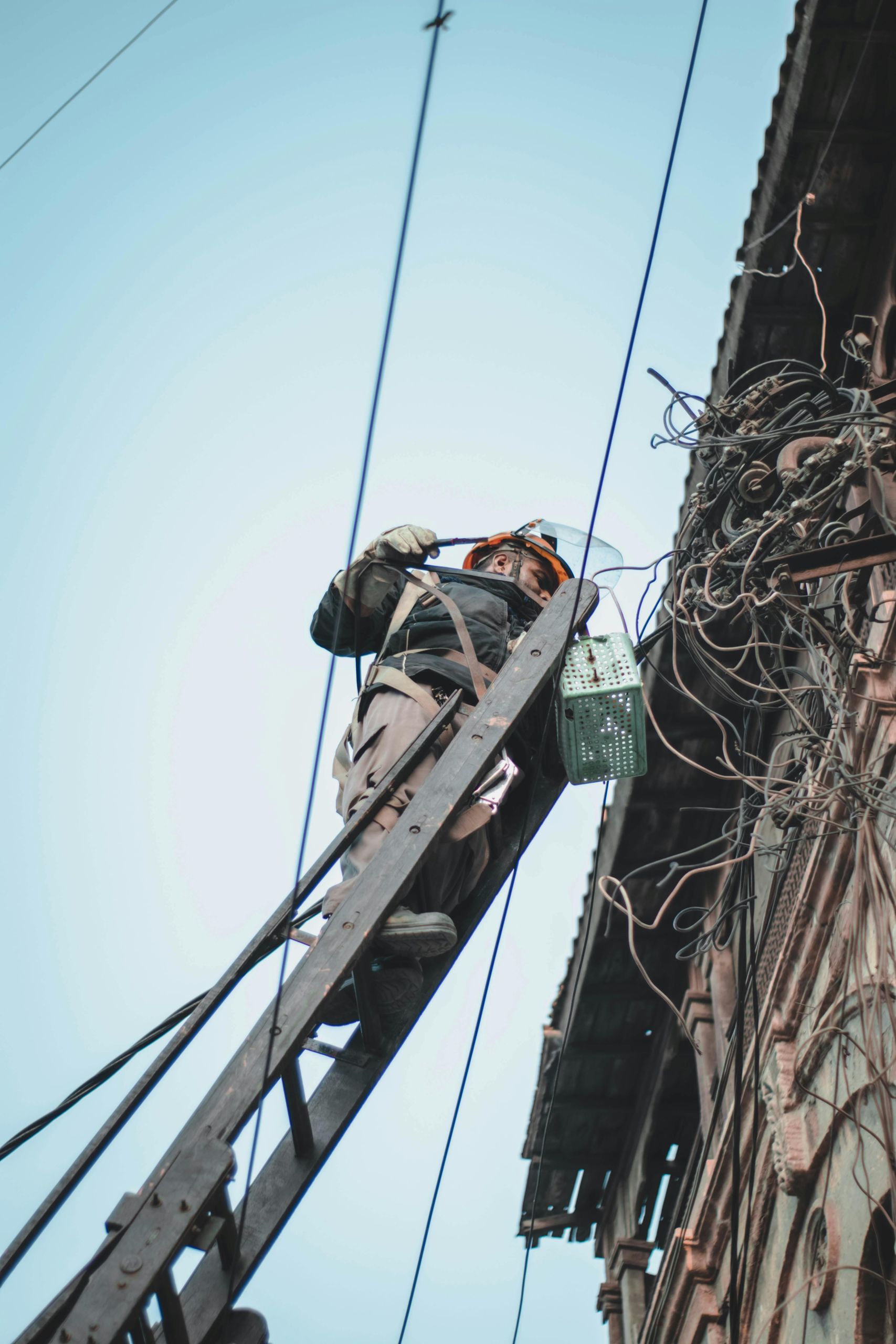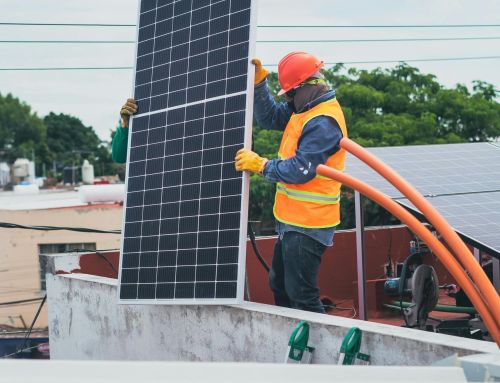You’ve just found the perfect office for your growing start-up in Auckland. The desks are ready, and meetings are scheduled – everything’s in place for your big launch. But before you get started with all the exciting stuff, there’s something important to consider – the electrical wiring in your office.
Following the right guidelines for electrical wiring in commercial buildings is key to keeping your office safe, efficient, and ready for work. But if you’re not familiar with construction or engineering, figuring this out can feel tricky. Don’t worry! This guide will help you understand the basics, so you can make smart decisions about your office’s electrical system.
Why are Guidelines for Electrical Wiring in Commercial Buildings Important?
Imagine your computer shutting down in the middle of a presentation, the lights dimming during an important brainstorming session, or even worse, electrical issues bringing your whole operation to a stop. Proper electrical wiring for commercial buildings helps prevent these scenarios, ensuring:
Safety First: Faulty wiring is a leading cause of electrical fires. Following established guidelines ensures your electrical system is safe and poses minimal risk to your employees and property.
Business Continuity: A reliable electrical system means uninterrupted operations. No more scrambling for extension cords or dealing with frustrating power outages that disrupt your workflow.
Efficiency and Productivity: A well-designed electrical system caters to the specific needs of your business. This includes having enough outlets strategically placed to power all your equipment and ensuring proper lighting to create a comfortable and productive workspace.
Compliance with Regulations: There are local and national electrical codes that commercial buildings must adhere to. Following these guidelines ensures your electrical system is up to code and avoids potential legal ramifications.
Types of Commercial Wiring: Understanding Your Options

The world of commercial wiring isn’t a one-size-fits-all situation. Choosing the right type of wiring depends on several factors, such as the size and layout of your building, the type of equipment you’ll be using, and your specific electrical needs. Here’s a breakdown of some common types of commercial wiring:
Nonmetallic Cable (NMC): This is a flexible and cost-effective option for general-purpose use in walls and ceilings.
Armoured Cable (AC): Ideal for areas prone to physical damage or moisture, like workshops or garages, as it has a protective metal sheath.
Metal-Clad Cable (MC): Another good choice for areas needing extra protection, MC cable is often used for industrial settings or areas with high heat.
Rigid Metal Conduit (RMC): This heavy-duty option provides the most robust protection for electrical wires. It’s commonly used for critical circuits or in exposed locations.
Electrical Raceways: These are enclosures (like conduits or surface mounts) that house and protect electrical wires. The type of raceway chosen will depend on the type of wiring used and the desired level of protection.
Understanding Your Electrical Needs: Planning for Success
Before diving into the world of electrical wiring for commercial buildings, it’s crucial to understand your specific needs. Here are some key questions to consider:
What type of equipment will you be using? Computers, servers, high-powered machinery – understanding your equipment’s power requirements is vital for designing a system that can handle the load.
Lighting Needs: Do you need bright overhead lights for a design studio, or adjustable task lighting for a call centre? Consider the specific lighting needs of your business.
Future Growth: Planning for future expansion or changes in equipment usage is wise. Opting for a slightly more robust system can accommodate future growth without the need for costly rewiring down the line.
Consulting the Experts: When to Call in a Professional

While this guide provides a general understanding of electrical wiring for commercial buildings, electrical work is a specialised field. For the safety and well-being of your employees and property, it’s crucial to involve qualified professionals when it comes to the design, installation, and maintenance of your commercial building’s electrical system.
Finding Your Electrical Partner in Auckland (and Beyond!)
Look for a licensed and experienced electrician with a proven track record in commercial electrical work. Consider factors like their experience with similar projects, their understanding of local building codes, and their commitment to safety practices.
Looking for a reliable and qualified electrical partner for your Auckland-based business or anywhere in New Zealand? Prolectrix boasts a team of highly skilled and experienced electricians who can handle all your commercial electrical needs, from initial design and installation to ongoing maintenance.
Beyond the Basics: Additional Considerations
- Energy Efficiency: Incorporate energy-efficient lighting and equipment to reduce your building’s environmental impact and save on energy costs.
- Accessibility: Ensure your electrical system complies with accessibility standards to accommodate individuals with disabilities.
- Future-Proofing: Consider the potential for future technological advancements and plan your electrical system accordingly to accommodate emerging technologies.
The Final Takeaway
Guidelines for electrical wiring in commercial buildings are not just about compliance; they’re about ensuring a safe, efficient, and productive workspace. By understanding your specific needs, choosing the right type of wiring, and working with qualified professionals, you can create an electrical system that supports your business’s growth and success. So, let’s get those wires humming and watch your business thrive!





